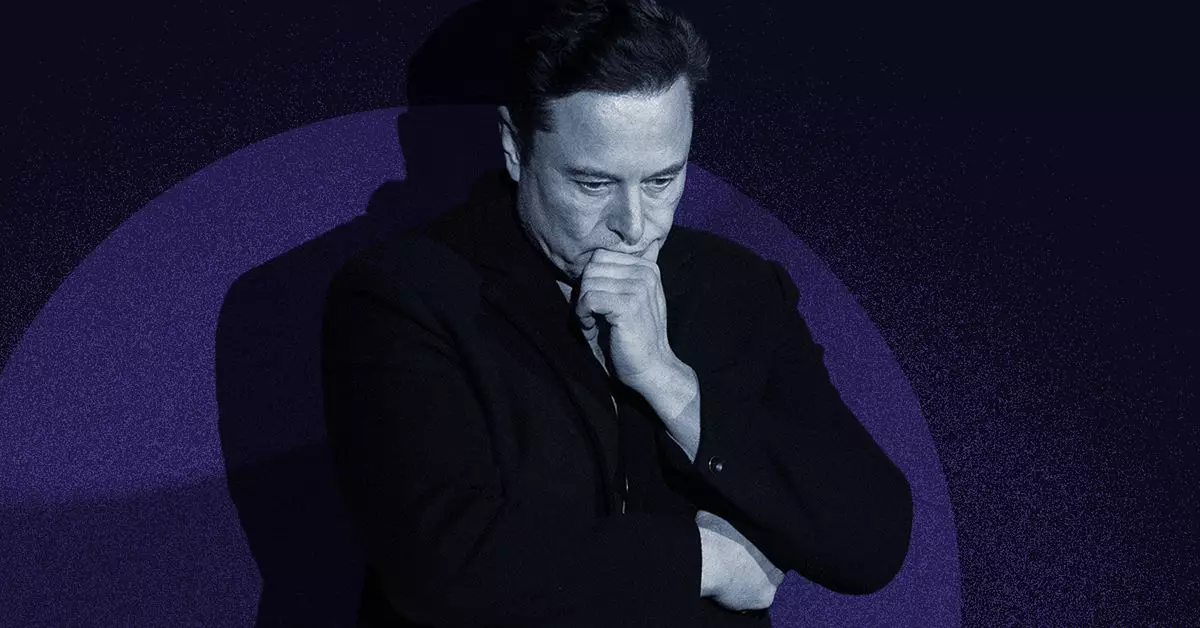Elon Musk, a polarizing figure known for his ventures in technology and space exploration, now steps into a controversial role as co-lead of the Department of Government Efficiency (DOGE) advisory group. His tenure is marked not by the promise of reform but by tactics reminiscent of digital bullying. By leveraging his extensive social media platform, particularly on X, Musk has begun singling out government employees, igniting a conversation about the consequences of wielding such power in the digital age.
Musk’s recent actions beg the question: does accountability in public service warrant the public shaming and harassment of individuals? Recently, he targeted Ashley Thomas, a director at the US International Development Finance Corporation, questioning the validity of her role and urging followers to critique government expenditure. This moment, which gained traction through a user on X named “datahazard,” culminated in Musk’s post receiving over 33 million views, further amplifying a narrative that promotes disdain for public officials. While critics argue that it is a push for transparency, it raises ethical concerns about the method by which this transparency is sought.
The fallout from Musk’s statements has been swift and severe. Public shaming on social media often leads to a cascade of online harassment, forcing targets like Thomas to lock down their personal accounts to protect themselves from unwanted attention. Leaders of labor organizations like the American Federation of Government Employees liken this behavior to sowing fear among federal employees, effectively creating a toxic environment for those dedicated to public service. The implications of such harassment extend beyond individuals; they can contribute to a broader chilling effect on public sector innovation and essential services.
Proponents of Musk’s approach often claim that it embodies the essence of free speech, yet this claim is mired in ambiguity. Harassment cloaked in the guise of free expression makes a worrying precedent and risks undermining public discourse. Musk has a history of leveraging social media to launch personal attacks, creating a system where dissenters or even dedicated public servants face the wrath of a massive online following. Thus, a pivotal issue emerges: when does free speech become an avenue for defamation and intimidation?
As Musk and his allies like Vivek Ramaswamy continue to promise transparency and public engagement in their operations, one must consider who will be next on their radar. With each chosen target, a line is crossed that compromises the integrity of government employees and the public institutions they serve. As this trend persists, the pressing need for ethical standards surrounding the use of social media by powerful individuals becomes clear. The future of public service is at stake, demanding a more respectful approach to scrutiny and discourse rather than a relentless barrage of attack.
The intersection of social media and public service evokes complex challenges that must be addressed. While accountability seeks to reform ineffective governance, it must not devolve into a tool for mob enforcement. As we navigate through this new landscape, it is imperative to reassess how power can be wielded responsibly, ensuring that the integrity of public service remains intact while fostering genuine reform. Social media should facilitate informed discussions, not serve as a battleground for harassment and fear.


Leave a Reply